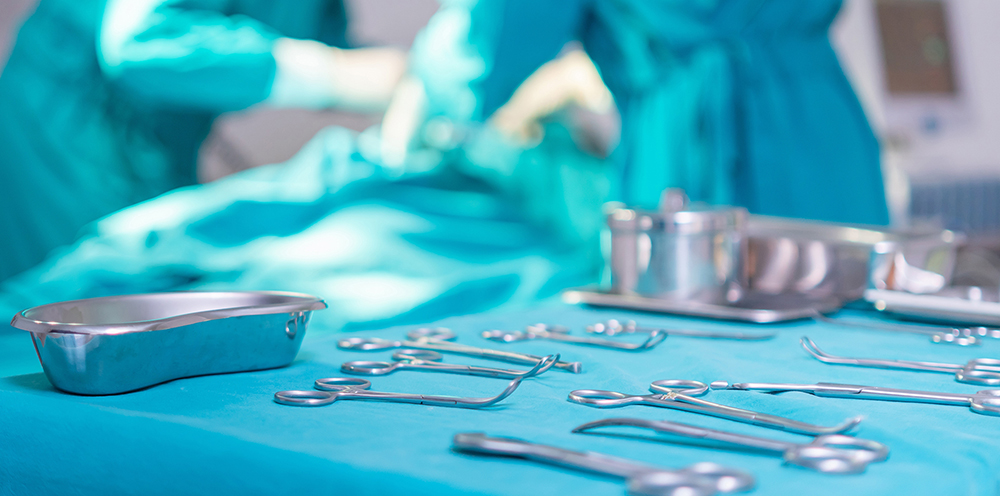Applications
Strength and Durability: Medical and auxiliary equipment such as prosthetics, implants, or surgical tools require materials that can withstand repetitive mechanical stress and longterm wear. Aluminum alloy forging (such as 6061 and 7075) provides excellent strength and fatigue resistance.
Biocompatibility: Certain aluminum alloys, when forged, show good biocompatibility, which is crucial for medical equipment in contact with the human body.
Corrosion Resistance: For equipment exposed to moisture or sterilization processes, alloys like 5052 provide excellent corrosion resistance, making them ideal for medical tools that need to be cleaned and disinfected regularly.
Challenges
Tool Wear: Forging highstrength aluminum alloys (such as 7075) may cause excessive wear on tools and molds, necessitating regular maintenance and the use of highquality tools.
Material Flow: Aluminum alloys may exhibit uneven flow during the forging process, which can lead to defects. Precise temperature control and the use of appropriate molds are essential to mitigate this issue.
Heat Sensitivity: Aluminum alloys are highly sensitive to heat during the forging process. Excessive temperatures can cause grain growth, reducing the material’s strength. Therefore, precise temperature control is required during the forging process.
CNC Machining Technology
Selecting the appropriate aluminum alloy materials for medical applications is critical. Materials like 6061 and 7075 aluminum alloys strike a good balance between strength, weight, and machinability. AFT's CNC machining technology enables the precise manufacturing of complex geometries required for medical equipment, ensuring tight tolerances and highquality surface finishes.
Advantages
Aluminum forging offers multiple advantages in the medical field, making it an ideal choice for medical equipment parts:
Strength and Durability: Forged aluminum alloy components offer enhanced strength and durability, which is crucial for medical equipment that is frequently used and subjected to sterilization processes.
Lightweight: The lowdensity nature of aluminum makes aluminum alloy components lighter, improving the ergonomic design of medical equipment and reducing the burden on both patients and healthcare providers.
Corrosion Resistance: Aluminum alloys have natural corrosion resistance, ensuring longterm use of medical equipment while maintaining hygiene and minimizing maintenance needs.
Biocompatibility: Aluminum alloys generally exhibit high biocompatibility, reducing the risk of adverse reactions in medical equipment that comes into contact with the human body.
ESG Practice
Environmental considerations also play an important role in the manufacturing of medical parts. AFT adheres to environmental management standards, such as ISO 14001, and is committed to sustainable manufacturing practices, including:

Environmental
- Energy Efficiency: Implementing measures to reduce energy consumption during the manufacturing process.
- Waste Reduction: Minimizing waste through optimization of the forging and machining processes.
- Recycling Plans: Reusing materials to reduce the environmental footprint of production activities.
Although AFT's main business is concentrated in the automotive and industrial hardware fields, with its rich experience in aluminum alloy forging and CNC processing, its manufacturing capabilities and insistence on quality, AFT can provide aluminum alloy parts that meet high standards for modern medical applications to meet the growing needs of the medical field.
